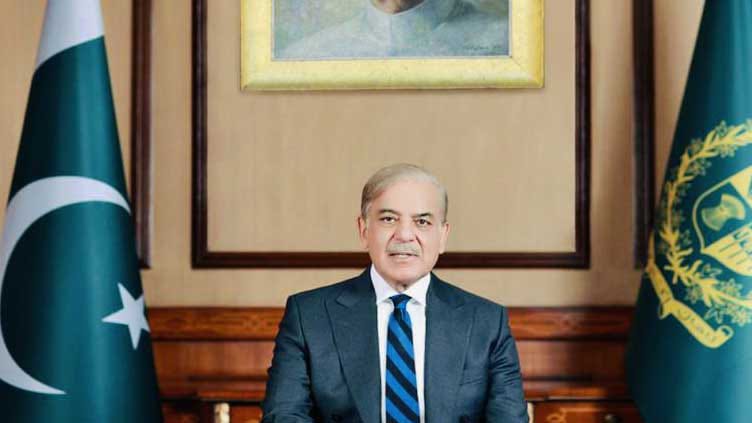ISLAMABAD, AUGUST 14; With a six percent economic growth rate, the prime minister is scheduled to present the “Home-grown Economic Development Plan” on Wednesday.
Professor Stefan Dercon, a British economist, and a few former Pakistani public officers are currently employed as consultants by several international organizations.
According to Professor Stefan Dercon’s recommendation, the government should raise the tax-to-GDP ratio to 13.5 percent annually over the course of the next three years. The Minister of Finance should head the New Policy unit, which should be independent of FBR and closely collaborate with the Prime Minister’s Office.
Furthermore, he suggested implementing a root and branch overhaul of the FBR to enhance tax collection, which may involve stepping up efforts to digitize.
In order to cut operating expenses by up to 3% of GDP, the British economist recommended that the government quickly enact the Asaan Karobar Act 2024 and use the Regulatory Guillotine in the Federal Government.
In addition, he suggested that investor-friendly rules tailored to the industry be put into place in order to streamline processes, boost investor confidence, and reduce investor complaints by 25% over the course of the next year.
In addition to opening walk-in and digital Business Facilitation Centers to cut down on the time it takes to process No Objection Certificates by 50%, the plan calls for streamlining inspection regimes to reduce costs and times, irrespective of industry and size of business. The goal is to serve 5,000 businesses in the next nine months.
In order to resolve complaints about ethical business practices and administrative roadblocks, he also suggested establishing an investment ombudsman, with 50 cases resolved in the following year.
Additionally, he suggested that the amount of taxes collected from real estate, retail, and agricultural would be proportionate to their respective GDP shares. Regarding the reform of the energy and petroleum sectors, he suggested deregulating the midstream and downstream gas and oil markets, including the pricing of oil, and allowing new players to enter the gas sales industry. He also suggested creating competitive markets for electricity, where several suppliers sell power directly to consumers.
He suggested that the government lower the tariff reduction objective (CD+RD+ACD) for exports from the current 19.56 percent to 14.29 percent. By FY28, the nation will have added $10 billion in private investment in addition to one million new employments annually if the actions in this plan are carefully carried out.
By that time, these changes will not only strengthen the economy, but also enable it to expand by six percent or more without creating a balance of payments problem when the IMF program concludes.
Additionally, this strategy would grow exports by $60 billion by FY28, bringing the export proportion of GDP up from its present level of roughly 10% to 15%.
